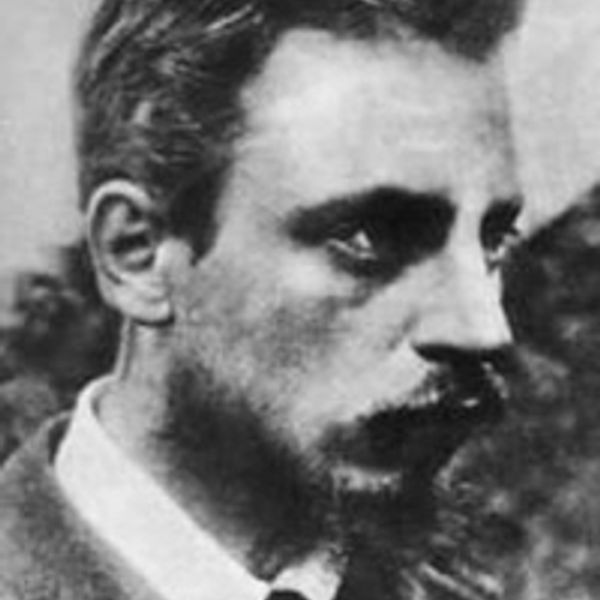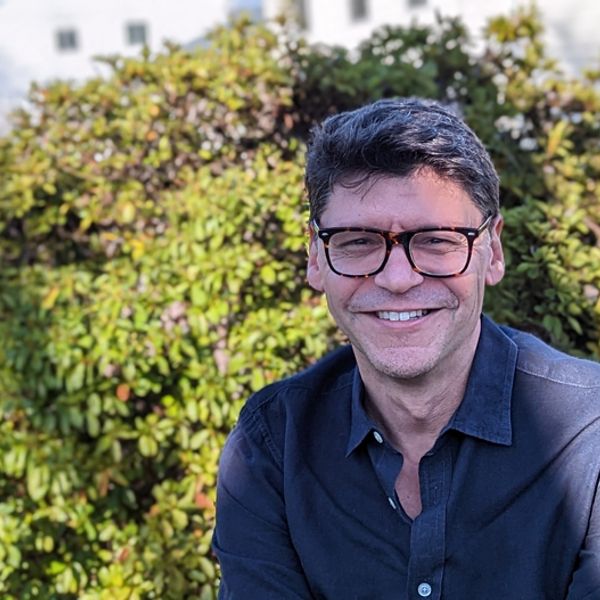Lia Purpura, Parasol Mushroom (detail), featured in AGNI 102
“I live out my life in the widening coils”
I live out my life in the widening coils
that encircle themselves over everything.
I may never come to finish them all,
but I won’t cease trying.
I twist around God, around some ancient tower,
and I circle a thousand years long;
and I still can’t decide: am I a falcon, a downpour,
or a marvelous song.

Rainer Maria Rilke
Rainer Maria Rilke (1875–1926), born to a German-speaking family in Prague, was a prolific poet, essayist, critic, and correspondent who rarely did anything but write. Well-known for his restlessness, he often became dissatisfied with his current “home,” sometimes only days after moving there with his custom-made standing desk. Among many other places, he lived in Paris, most notably in 1902–03 when he worked for Auguste Rodin. Inspired by the great sculptor, he began to look at objects with an artist’s eye, and developed a new lyrical style in his so-called Dinggedichte, “thing poems.” During the last years of his life he lived mostly in Muzot, Switzerland, where he wrote 400 poems in French. Rilke died of leukemia in December 1926. His collections include The Book of Images, New Poems, the Duino Elegies, and the Sonnets to Orpheus.

David Keplinger
David Keplinger is the author of eight poetry collections, including Ice (Milkweed Editions, August 2023) and Another City (Milkweed, 2018), which won the UNT Rilke Prize. His books of translations include The Art of Topiary by Georg Büchner Prize winner Jan Wagner and Forty-One Objects by Danish poet Carsten René Nielsen, a finalist for the 2020 National Translation Prize. Keplinger directs the MFA Program in Creative Writing at American University, where he teaches courses in poetry writing and literary translation. (updated 7/2023)
Read Nicky Beer’s conversation with David Keplinger and Patrick Phillips.
